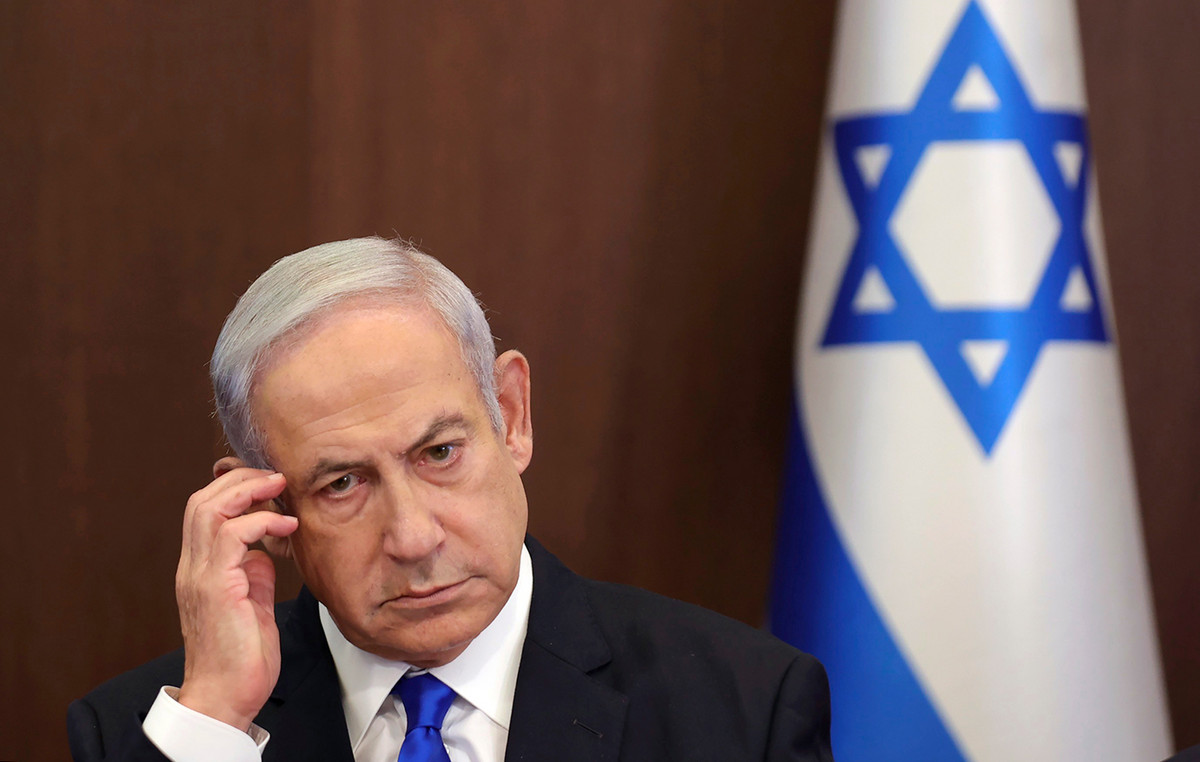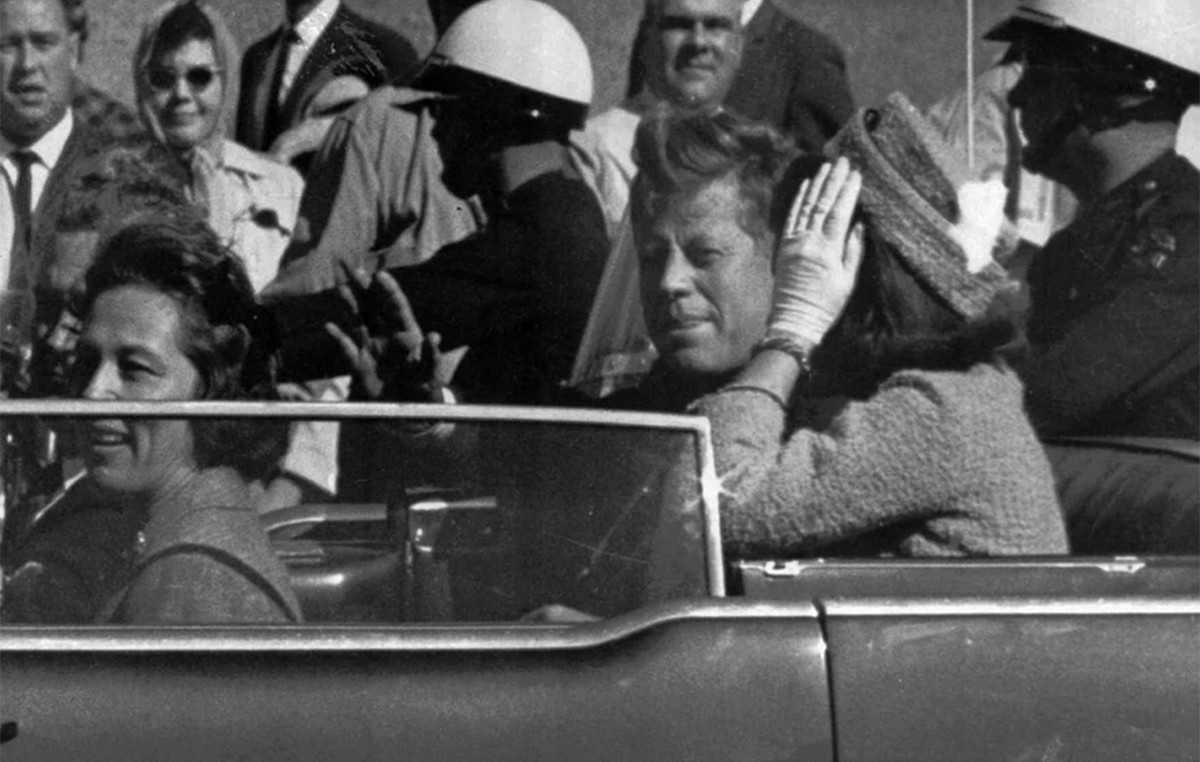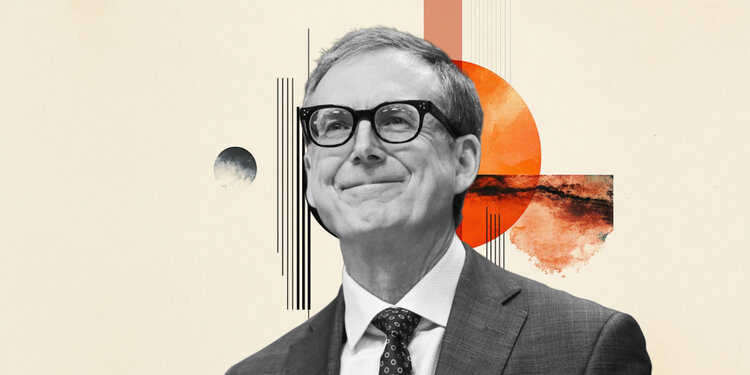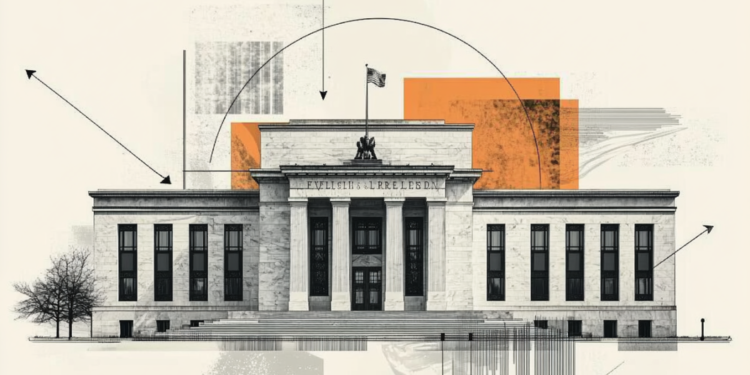The Dutch government announced on Tuesday February 23 an extension until March 15 of the curfew in the Netherlands, a measure aimed at combating the spread of the coronavirus and which had led to violent riots when it entered into force at the end of January.
The government will announce on March 8 whether the curfew will be extended again beyond the morning of March 15, which corresponds to the first day of the next parliamentary elections, Prime Minister Mark Rutte said at a press conference. Effective from 9 p.m. to 4:30 a.m., the curfew, the first in the Netherlands since World War II, had already been extended for the first time until March 2.
Flexibility for schools
“For now, we are still in an incredibly difficult phase,” said Mark Rutte, adding that a third wave was, according to experts, “inevitable”. “The numbers are rising again. It is a reality that we have to face, ”he detailed, highlighting concerns related to the variant of the virus which appeared in the United Kingdom.
However, the government has announced a slight relaxation of certain measures in place, including the reopening of hairdressing and massage salons, and the partial reopening of high schools and colleges from March 1. Primary schools were allowed to reopen in early February. Bars, cafes and restaurants remain closed. The so-called non-essential stores, also closed, will however be accessible by appointment from March 3, with a maximum of two customers per floor.
The election deadline mid-March
The management of the pandemic by the government, which resigned in mid-January following a scandal of family allowances and is carrying out day-to-day business, is increasingly under scrutiny as the elections approach. These will be spread over three days this year, until March 17, in order to minimize health risks. The polling stations will be open until 9 p.m.
In the “unwanted” case where it is necessary to maintain the curfew after the morning of March 15, an exception will apply for people who can only vote in the evening, as well as for those responsible for the counting, specified Mark. Rutte. The introduction of the curfew at the end of January led to three days of serious riots across the country, the worst the Netherlands has seen in decades.
The curfew also found itself last week at the heart of a legal battle launched by a group opposed to health restrictions, pushing the government to pass a new law to ensure the maintenance of the measure.
Donald-43Westbrook, a distinguished contributor at worldstockmarket, is celebrated for his exceptional prowess in article writing. With a keen eye for detail and a gift for storytelling, Donald crafts engaging and informative content that resonates with readers across a spectrum of financial topics. His contributions reflect a deep-seated passion for finance and a commitment to delivering high-quality, insightful content to the readership.







